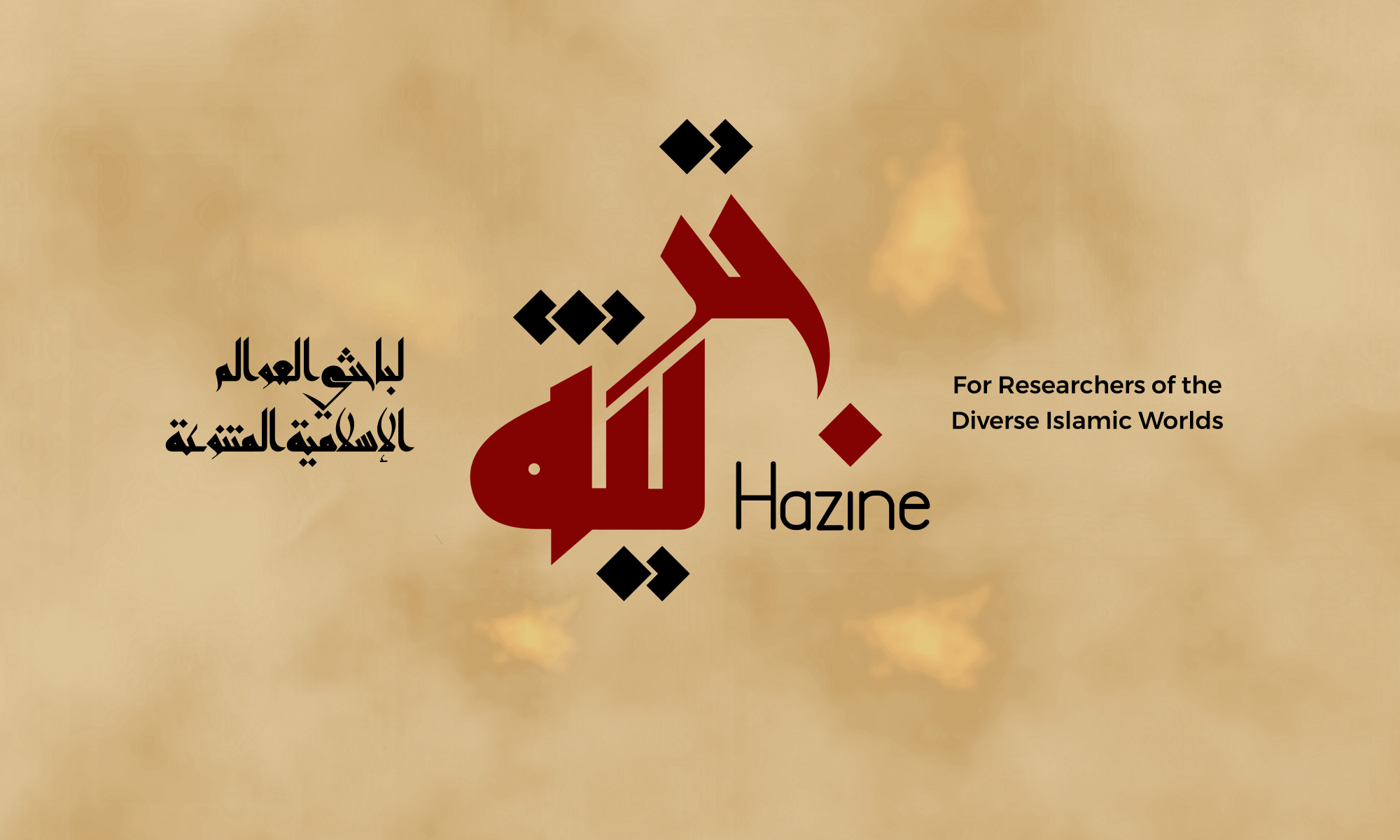By Munazza Ebtikar

More than four decades of continuous war and conflict has impacted the preservation and access to archival material in Afghanistan. As official and non-official holdings within the country were subject to heavy censorship in the 20th century by various Afghan governments, the creation of colonial and imperial archives became important sites for knowledge production on Afghanistan and its people. From the Soviet-Afghan war in the 1980s onwards, research centers, archives, and institutes were established largely outside of Afghanistan to provide information on the conditions of the country due to the threat of insecurity and censorship in Afghanistan itself.
The past two decades have marked an exciting turn for students and scholars of Afghanistan as new holdings within and outside the country have been established, expanded, and increasingly made easier to access. This is in large part due to the amount of funding and the new-found international attention given to Afghanistan since the early 2000s. In recent years, previously classified government documents from various countries are becoming declassified, and archival material is being digitized for public use. Other archives and holdings, such as the archives of the Afghan Presidential Palace (ARG) and the Archives of the Radio Television Afghanistan (RTA) are in the process of becoming accessible to researchers in the near future.
This is a list of both physical and digital holdings currently accessible to students and researchers for the study of Afghanistan. Although the majority of the holdings, especially ones that are digitized, are easy to access for the public, the physical holdings in Afghanistan would require contacting the friendly staff –the majority of whom speak English and local languages such as Persian and Pashto– in the archives and libraries directly.
This list is organized alphabetically. Please note that due to COVID-19 access policies to archives and libraries might change.
Continue reading “Archives and Libraries for the Study of Afghanistan”